CHRISTIANITY AND THE SOCIAL ORDER
By Dr. Ng Kam Weng
 350 pages, 8.3” x 5.8” x 0.85”
350 pages, 8.3” x 5.8” x 0.85”
ISBN: 978-629-97691-0-1 Continue reading “Just Published by Kairos Research Centre! Christianity and the Social Order by Dr. Ng Kam Weng”
Faith Seeking Understanding, Intellectual Witness and Spiritual Renewal
CHRISTIANITY AND THE SOCIAL ORDER
By Dr. Ng Kam Weng
 350 pages, 8.3” x 5.8” x 0.85”
350 pages, 8.3” x 5.8” x 0.85”
ISBN: 978-629-97691-0-1 Continue reading “Just Published by Kairos Research Centre! Christianity and the Social Order by Dr. Ng Kam Weng”
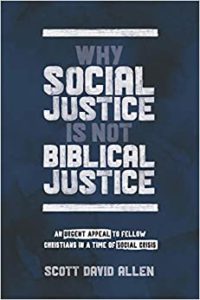
I posted in Facebook some of Tim Challies’ observations in his review of Scott David Allen’ s book, Why Social Justice is Not Biblical Justice (Credo House Pub., 2020).
Social Justice Redefined:
Scott David Allen notes the contemporary redefinition of “justice”: “Deconstructing traditional systems and structures deemed to be oppressive, and redistributing power and resources from oppressors to their victims in the pursuit of equality of outcome.” It is obsessed with power, privilege, oppression, and victimization; it uses pragmatic tactics to cow dissenters into submission; it fixates on identity markers such as class, race, gender, and sexual orientation; it is openly hostile to Judeo-Christian religion; it is militant against the natural family and traditional sexuality; and it focuses on the redistribution of wealth and power by means of a powerful state apparatus…
Scott Allen Contrasts this New Definition with Biblical Justice:
Conformity to God’s moral standard as revealed in the Ten Commandments and the Royal Law: “love your neighbor as yourself.” [Its two components are:]
Communitive Justice: living in right relationship with God and others; giving people their due as image-bearers of God.
Distributive Justice: impartially rendering judgment, righting wrongs, and meting out punishment for lawbreaking. Reserved for God and God-ordained authorities including parents in the home, elders in the church, teachers in the school, and civil authorities in the state. Continue reading “Biblical Justice and Black Lives Matter. Review and Comments”

Some Christians experience perplexity as they watched video recordings of Paula White, the faith adviser of President Trump prophesying over the pulpit. Their perplexity turns into consternation when they come across the following video in the social media. The accompanying message from a Muslim appears to be taunting Christians.
Hello everyone. My name is Ahmad and i have watch the video, my question is ” Is what Senior Pastor Paula White spoke is it from the bible?” If it is, show me where in your scripture? For example, she claimed that everywhere she stands the ground is holy, sounds like what God said to Moses. Is she equal to God? From my little knowledge but I know that when God is present the ground is holy and anyone not sanctified will be struck dead standing on the ground. How come President Trump who stood beside her is not struck dead? She said that if you are not voting for Trump you are going against God. It reminds me of PAS saying to Muslims that “if you do not vote for them, you will go to hell”. Did she received instruction from God to say this? on issue of offering, she said that there is a bank or treasury in heaven and if I give more I will get more in return. Is this true.? I am really interested in this as I have invested in the stock market and I lost quite a large sum. There are many more questions? But let’s deal with these questions first before you share with me about Jesus because she uses the name of Jesus. Continue reading “Prosperity Prophets and Presidential Politics”
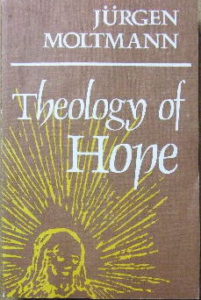
The fact is that people who survive dire and desperate situations are not those just stay put while waiting for a rational answer. Neither do they just lament and wait for commiseration (romantic sigh of relief), whether from counsellors or from God. Well, unless they come the socially privileged class and therefore never have to fend for themselves all their lives. Not surprisingly, they are at a loss, not knowing what to do. Those who survive are those who refuse to give up. Instead, they overcome the temptation to resign to their fate and do what it takes to survive. Continue reading “From Lament, to Hope and Action”

The Humanist UK website describes a “humanist” as someone who (1) trusts the scientific method when it comes to understanding how the universe works and rejects the idea of the supernatural (and is therefore an atheist or agnostic), (2) makes ethical decisions based on reason, empathy and a concern for human beings and other sentient animals, and (3) believes that, in the absence of an afterlife and any discernible purpose to the universe, human beings can act to give their own lives meaning by seeking happiness in this life and helping others to do the same.
Presumably, this description would be accepted as a representative view by contemporary humanism movements. This view of humanism rejects supernaturalism and reduces human beings to materialistic objects without souls which would be antithetical to Christian beliefs. On the other hand, Christianity affirms virtues like empathy and concern for human beings and the importance of realizing meaning and happiness in this life. Continue reading “Christian Humanism”
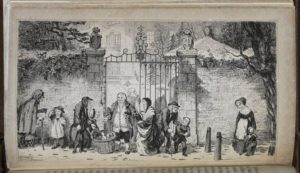
Christmas Sharing
NT Wright almost took away my simple Christmas joy in his article: The Revolutionary Politics of the First Christmas. He writes,
The Christmas story in Luke’s gospel climaxes with Jesus in a feeding-trough because everywhere else was full. Matthew’s version ends with Joseph and Mary whisking the baby off to a foreign country because the authorities wanted to kill him. Putting these together, the heart of the story is precisely Jesus the homeless asylum seeker.
The original, historic Christmas stories are about power. They are about the kingdom of God breaking in, dangerously and unexpectedly, into the kingdoms of the world. [I read it that NTW here has in mind political systems in contrast to the kingdom preached by Jesus in his ministry]
As usual, NTW is refreshing as he tries to highlight ‘neglected’ truths – but these truths sometimes become ‘neglected’ precisely because they are secondary truths in the good news of God’s salvation. Continue reading “N.T. Wright Almost Took Away My Christmas Joy.”
Bonhoeffer and Nassim Taleb on the Antaeus Myth Nassim Nicholas Taleb begins his book, Skin in the Game with a broadside directed at political and academic elites who implement public policies without considering carefully their ramifications. He highlights the disasters which follow the recent military interventions in Libya and Syria. The unintended consequences of ‘regime … Continue reading “Thinking Theology in Turbulent Times Must be Rooted in the Earth”
Bonhoeffer and Nassim Taleb on the Antaeus Myth
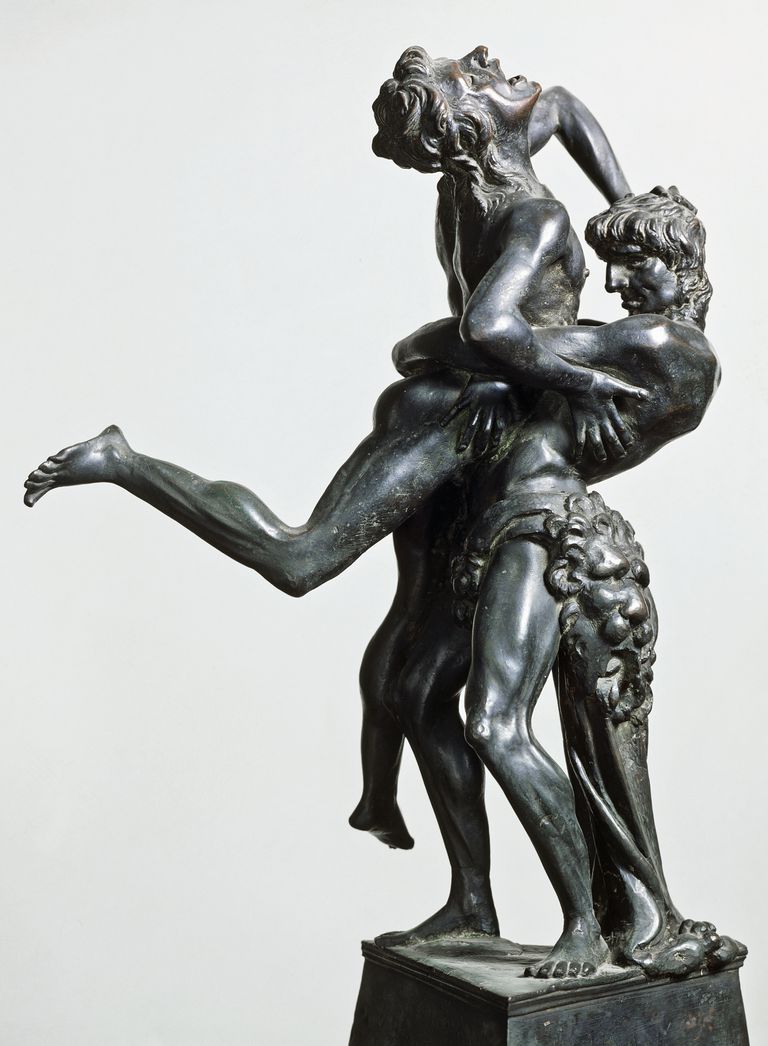
Nassim Nicholas Taleb begins his book, Skin in the Game with a broadside directed at political and academic elites who implement public policies without considering carefully their ramifications. He highlights the disasters which follow the recent military interventions in Libya and Syria. The unintended consequences of ‘regime change’ resulted in thousands of innocent victims being kidnapped, enslaved, incarcerated or blown to smithereens. Nevertheless, the policy makers are not held responsible for the misery of the victims; they continue to enjoy security and comfort in their air-conditioned offices thousands of miles away.
Nassim identifies the root problem. These policy makers do not have “skin in the game.” That is to say, they are not exposed to the painful consequences of their idiotic policies. Continue reading “Thinking Theology in Turbulent Times Must be Rooted in the Earth”
Calvinism & Spiritual Foundation of Society Earlier Posts: John Calvin’s Reformation in Context – Calvin’s Social Theology. Part 1/4 John Calvin on the Necessity of Civil Government – Calvin’s Social Theology. Part 2/4 John Calvin’s Response When Civil Government Turns Bad – Calvin’s Social Theology. Part 3/4 As the full implications of Calvin’s social theology … Continue reading “God’s Providence and the Limits of Revolutionary Activism: Calvin’s Social Theology. Part4/4”
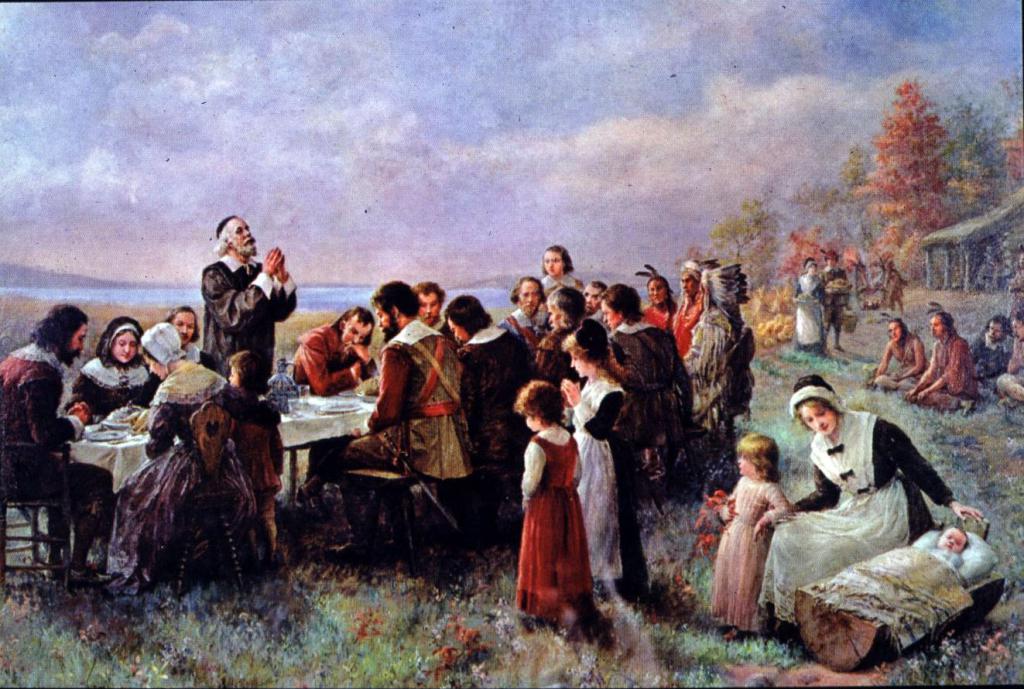
Calvinism & Spiritual Foundation of Society
Earlier Posts:
John Calvin’s Reformation in Context – Calvin’s Social Theology. Part 1/4
John Calvin on the Necessity of Civil Government – Calvin’s Social Theology. Part 2/4
John Calvin’s Response When Civil Government Turns Bad – Calvin’s Social Theology. Part 3/4
As the full implications of Calvin’s social theology unfolded in later historical developments, the perception of Calvin changed: Calvin the social conservative and an enemy of social freedom became Calvin the constructive reformer. /1/ Michael Walzer goes further to characterize Calvin not as a theologian but as an ideologist. First, Calvin developed a new radical psychology which transforms traditionally passive private citizens into activists who saw themselves as divine instruments for social transformation. Walzer refers to the Calvinist puritans as the earliest form of political radicals who developed his social vision into a revolutionary ideology. /2/ Walzer elaborates, “Calvinism taught previously passive men the styles and methods of political activity and enabled them successfully to claim participation in that ongoing system of political action that is the modern state.” Continue reading “God’s Providence and the Limits of Revolutionary Activism: Calvin’s Social Theology. Part4/4”
Calvin Refusing The Lord’s Supper To The Libertines, In St. peter’s cathedral, Geneva. RELATED POSTS: John Calvin’s Reformation in Context – Calvin’s Social Theology. Part 1/4 John Calvin on the Necessity of Civil Government – Calvin’s Social Theology. Part 2/4 Inevitably, tension can arise between the church and the civil order, especially when kings and … Continue reading “John Calvin’s Response When Civil Government Turns Bad – Calvin’s Social Theology. Part 3/4”
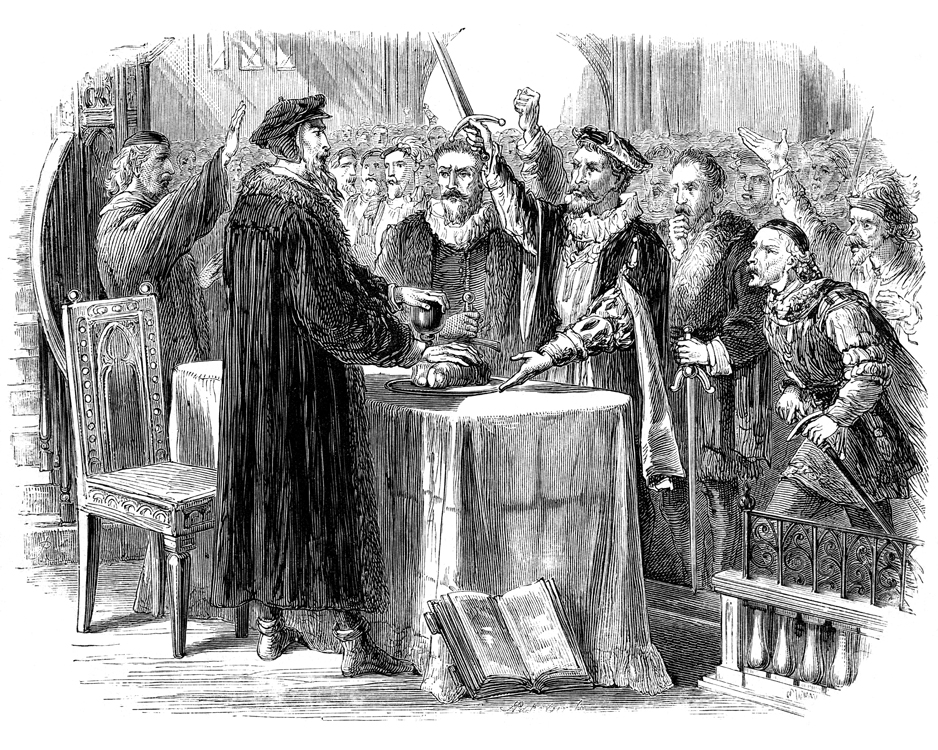 Calvin Refusing The Lord’s Supper To The Libertines, In St. peter’s cathedral, Geneva.
Calvin Refusing The Lord’s Supper To The Libertines, In St. peter’s cathedral, Geneva.
RELATED POSTS:
John Calvin’s Reformation in Context – Calvin’s Social Theology. Part 1/4
John Calvin on the Necessity of Civil Government – Calvin’s Social Theology. Part 2/4
Inevitably, tension can arise between the church and the civil order, especially when kings and magistrates abuse their power and the state poses obstacles to genuine holiness. How should the church respond? Should the church meekly comply, or engage in passive resistance or even actively rebel to overthrow an oppressive government? In response to such tension, Calvin’s political realism is evident.
But it is the example of all ages that some princes are careless about all those things to which they ought to have given heed, and, far from all care, lazily take their pleasure. Others, intent upon their own business, put up for sales laws, privileges, judgments, and letters of favor. Others drain the common people of their money, and afterward lavish it on insane largesse. Still others exercise sheer robbery, plundering houses, raping virgins and matrons, and slaughtering the innocent. Consequently, many cannot be persuaded that they ought to recognize these as princes and to obey their authority as far as possible. (Inst. 4.20.4)
Matters become worse when magistrates who are regarded as guardians of peace, protectors of righteousness and avengers of the innocence and who are appointed as minsters of God “to praise the good, and punish the evil regarded fail their duty to praise the good and punish the evil (1 Peter 2:14 Vg). Thus, they also do not recognize as ruler him whose dignity and authority Scripture commends to us. Indeed, this inborn feeling has always been in the minds of men to hate and curse tyrants as much as to love and venerate lawful kings.” (Inst. 4.20.4) Continue reading “John Calvin’s Response When Civil Government Turns Bad – Calvin’s Social Theology. Part 3/4”
[At the heart of Calvin’s insight is his insistence that social life needs to be regulated by a social apparatus. Religious values are best maintained and transmitted through social institutions] Calvin upholds both the individual and society. He reminds Christians that they participate in the reign of Christ not as isolated individuals but as a … Continue reading “John Calvin on the Necessity of Civil Government – Calvin’s Social Theology. Part 2/4”

[At the heart of Calvin’s insight is his insistence that social life needs to be regulated by a social apparatus. Religious values are best maintained and transmitted through social institutions]
Calvin upholds both the individual and society. He reminds Christians that they participate in the reign of Christ not as isolated individuals but as a new community in which the members mutually nourish one another’s faith with the variety of gifts they have received:
It is as if one said that the saints are gathered into the society of Christ on the principle that whatever benefits God confers upon them, they should in turn share with one another…it is truly convinced that God is the common Father of all and Christ the common Head, and being united in brotherly love, they cannot but share their benefits with one another. (Inst. 4.1.3).
It may be noted that Calvin’s concern remains within the framework of the orders that God has ordained for the human community. Thus, in contrast to much of contemporary Protestant individualism, Calvin constantly reminds his readers that reconciliation with God is inconceivable apart from the closest bonds of fellowship with the other members of Christ’s body: “For if we are split into different bodies, we also break away from Him. To glory in His name in the midst of disagreements and parties is to tear Him in pieces…For He reigns in our midst only when He is the means of binding us together in an inviolable union” (Commentary I Corinthians 1:13). Continue reading “John Calvin on the Necessity of Civil Government – Calvin’s Social Theology. Part 2/4”